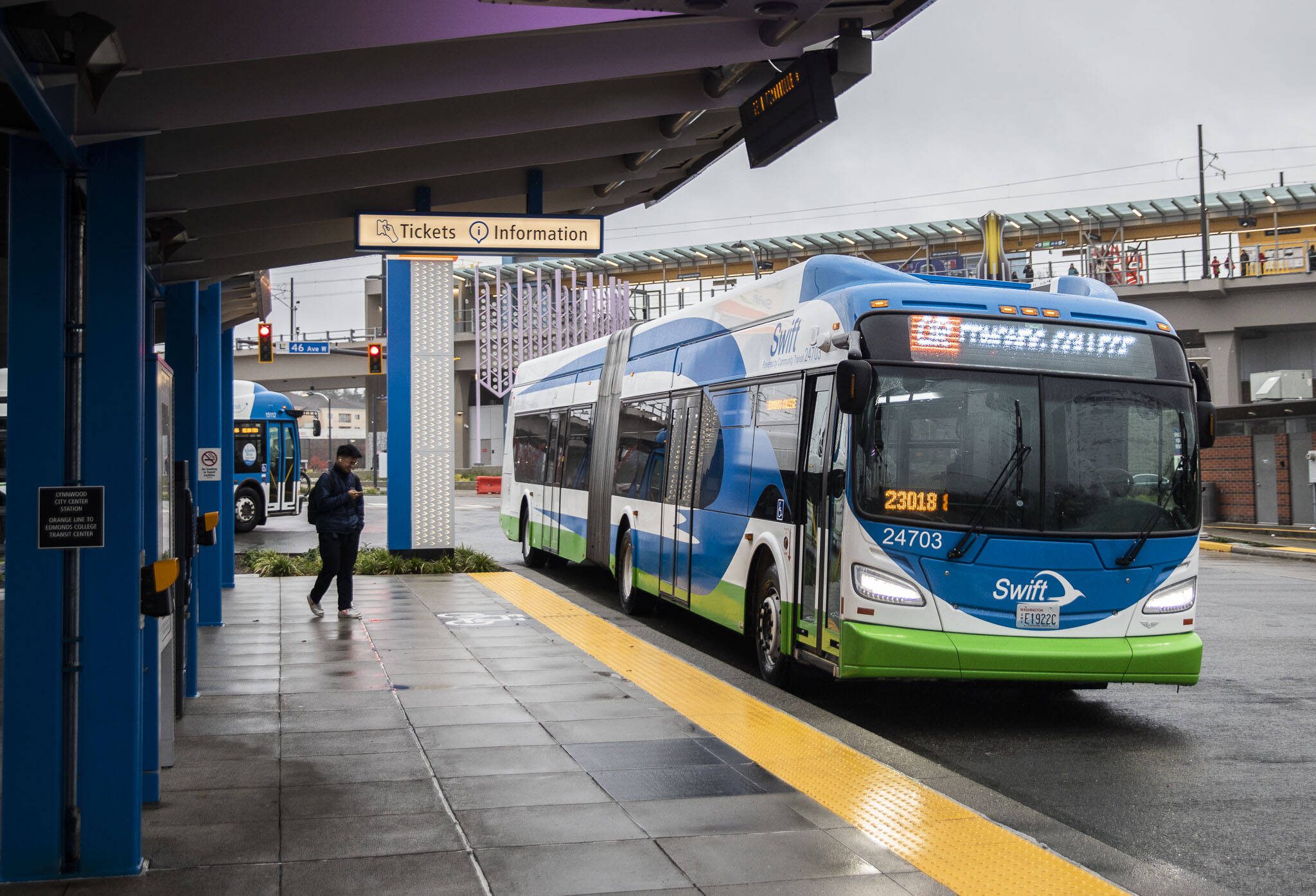EVERETT — A new online dashboard aims to show where seven state agencies are spending dollars from an environment justice law focused on overburdened populations.
Passed in 2021, the Healthy Environment for All (HEAL) Act requires the state departments of ecology, agriculture, commerce, health, natural resources, transportation and the Puget Sound Partnership to identify and address environmental health disparities in overburdened and vulnerable communities.
Under the law, agencies must invest 40% of funding for environmental projects toward overburdened communities, including low-income populations, racial and ethnic minorities or workers vulnerable to environmental harms, such as agricultural workers.
“We have a real opportunity to change the narrative in these communities and make sure that they are benefitting as we’re trying to lift up the whole state,” said Carrie Sessions, senior policy advisor to Gov. Jay Inslee for environment and water.
The dashboard, developed by the state Office of Financial Management, launched Thursday. The website displays funds given in the 2023-2025 biennium, and how state agencies have used the money during the 2024 fiscal year.
The dashboard shows $26 million awarded to the state Department of Transportation to help electrify the Port of Everett. Another shows the $38 million grant that will fund the RideStore remodel and expansion at the Lynnwood Transit Center. A $2 million grant was awarded to cover Lynnwood Link improvements, including improved access ramps at the Ash Way Park and Ride to provide a new connection from the east over I-5 and improved connections to the future rail station near the 164th Street SW and I-5 interchange.
Users can filter data to see dollars awarded and used by program name, state agency and county. Additional filters show if money benefited overburdened communities or was awarded to tribes. Overburdened communities include people living in places with high levels of air pollution.
For example, Ecology expended $700,000 to school districts to replace diesel school buses with electric buses. This includes Everett Public Schools, which falls in an area defined as overburdened due to air quality concerns.
“An important feature of the HEAL Act is transparency and accountability,” Inslee said in a press release. “The interactive map published this week gives communities, lawmakers, and others a way to track Washington state’s progress towards these goals.”
According to the data collected, nearly 55% of the funding has been allocated toward projects benefiting vulnerable populations in overburdened communities, Inslee wrote.
Sessions said one of the rewarding effects of the HEAL Act is it’s shifting how agencies do business. She explained the state Department of Health had a multimillion dollar grant to provide protective equipment for workers disproportionately impacted by the climate crisis. Instead of immediately rolling out equipment, the department convened a community group to ask workers what types of materials they needed and what time of year extra materials were most beneficial.
“They were really able to design a program informed by the people who are going to use those materials,” she said. “It’s a good example of how agencies are changing to do the work, and I think that’s where we see longterm progress.”
Eliza Aronson: 425-339-3434; eliza.aronson@heraldnet.com; X: @ElizaAronson. Eliza’s stories are supported by the Herald’s Environmental and Climate Reporting Fund.
Talk to us
> Give us your news tips.
> Send us a letter to the editor.
> More Herald contact information.


























